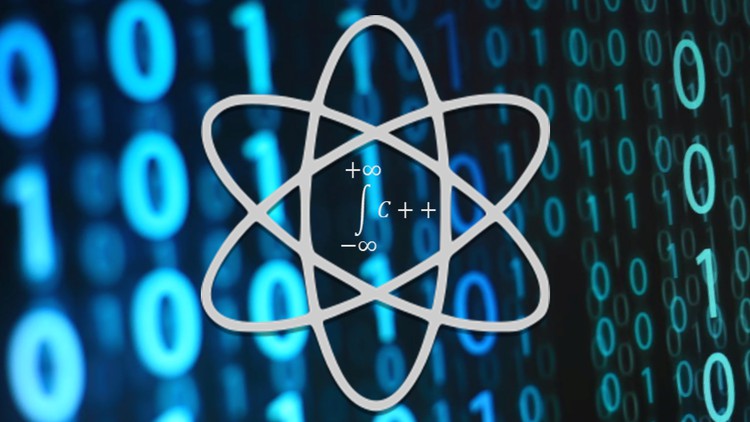Scientific Computing in C++
Learn numerical computation techniques by applying C++ to solve distinct mathematical tasks
4.34 (64 reviews)

891
students
18 hours
content
Apr 2023
last update
$49.99
regular price
What you will learn
Learn programming concepts such as loops, arrays (vectors), boolean operator, pointers, dynamic memory allocation, OOP (inheritance, polymorphism, virtual functions), function pointers, array of funtion pointers, enum, struct etc.
Apply acquired programming skills in order to understand algorithms and mathematical problems
Practice reading in multiple format files for further processing
Get familiar with fundamental programming concepts like object-oriented programming as it is the heart of C++
Learn numerical computational techniques such as Newton method, Monte-Carlo simulation, Richardson extrapolation, Binomial & Gaussian distribution etc.
Related Topics
3779604
udemy ID
1/16/2021
course created date
12/11/2021
course indexed date
Bot
course submited by